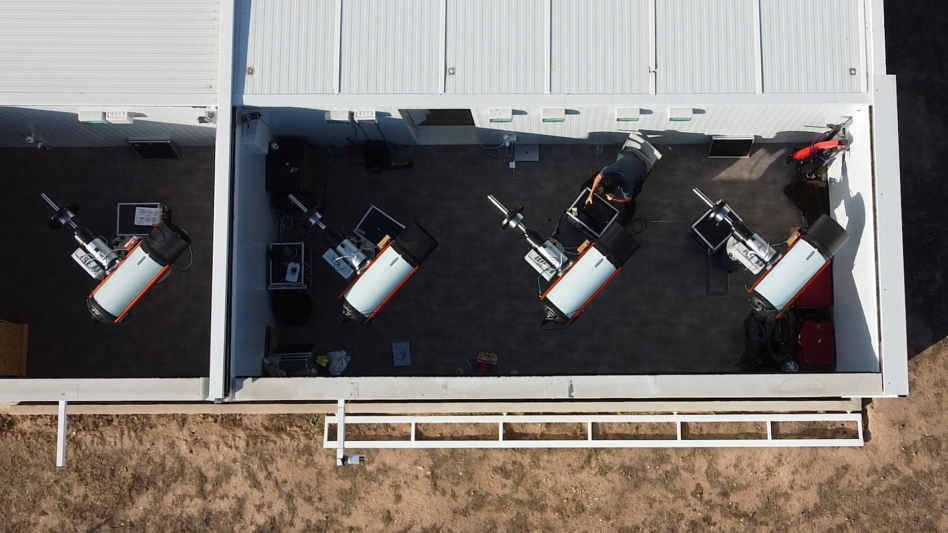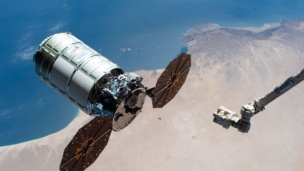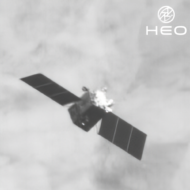Aldoria, formerly known as Share My Space, clinched a €10M ($10.9M) Series A round to expand its space situational awareness (SSA) offering.
Starquest Capital led the round with participation from the European Innovation Council Fund, France’s Deeptech 2030 fund, and Expansion Ventures. The French startup has now raised a total of €22M ($23.9M).
With the fresh capital, the object-tracking startup, aims to:
- Double its network of ground-based tracking stations
- Bolster its robust information system
- Invest in R&D for next-gen sensor tech
“We are already producing data and have a network of stations, but this is going to allow us to get to the next stage,” Aldoria CEO Romain Lucken told Payload.
What’s in a name?: The Paris-based startup decided to rebrand from Share My Space to Aldoria—an ancient name for the Pleiades star cluster—to strengthen its brand in the marketplace.
Eyes on the skies: Aldoria tracks space assets and debris from six optical ground stations and sells its data to commercial and government customers to protect the ecosystem and expensive satellites. The company’s sensors logged 230,000 measurements on 5,000 objects in 2023, sniffing out 30M close approaches.
Frogger: There are ~28,000 cataloged objects whizzing around our planet, according to data compiled by astronomer Jonathan McDowell. Only a third of the objects are active payloads.
- With the Series A euros, Aldoria will scale its operations to increase the number of objects it can track. “The goal is to track 30,000 objects and beyond,” said Lucken. “We already detect objects that are not cataloged.”
Dodge, duck, dip, dive, and dodge: The objects SSA groups can see are just a fraction of the total debris in space. Aldoria believes there are over one million pieces of debris in space that could puncture a satellite’s surface. All the speeding objects in orbit pose a risk to assets in space and present an existential threat of a cascading collision event that could explode the volume of debris in space.




